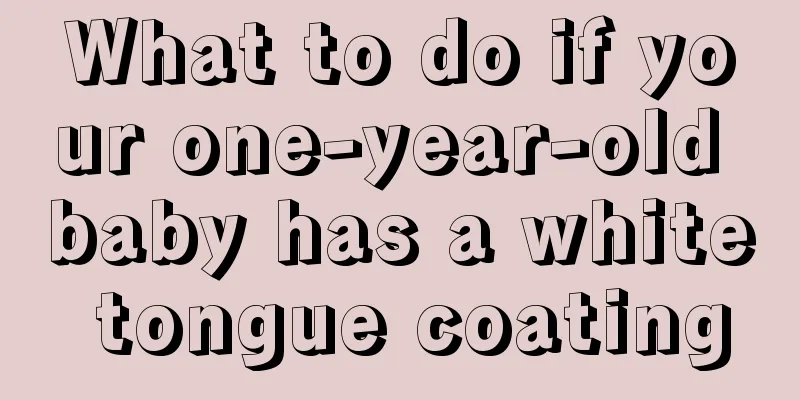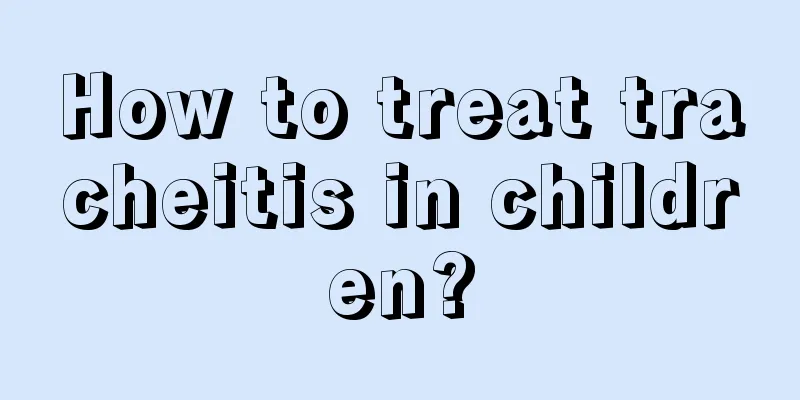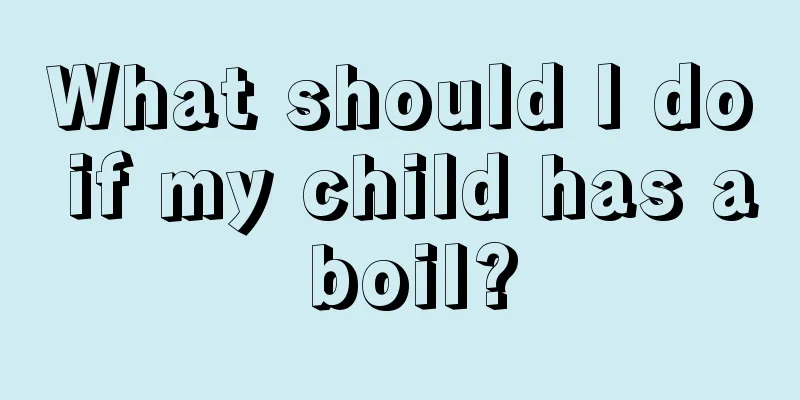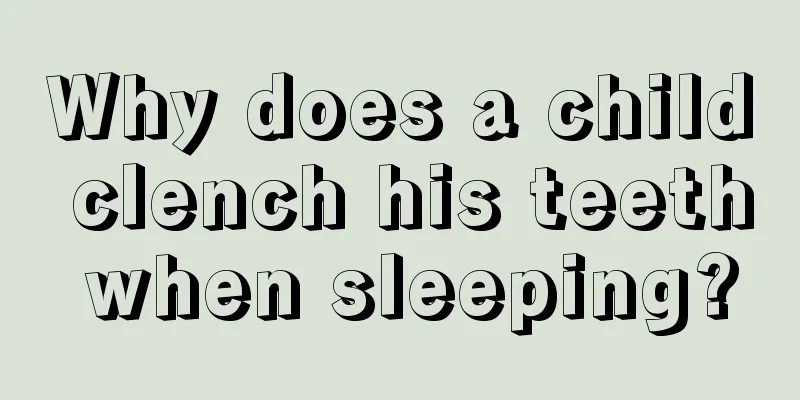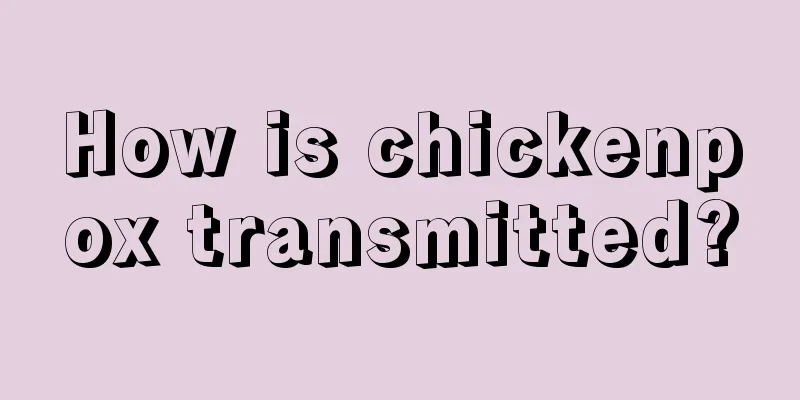Symptoms of mental illness in children
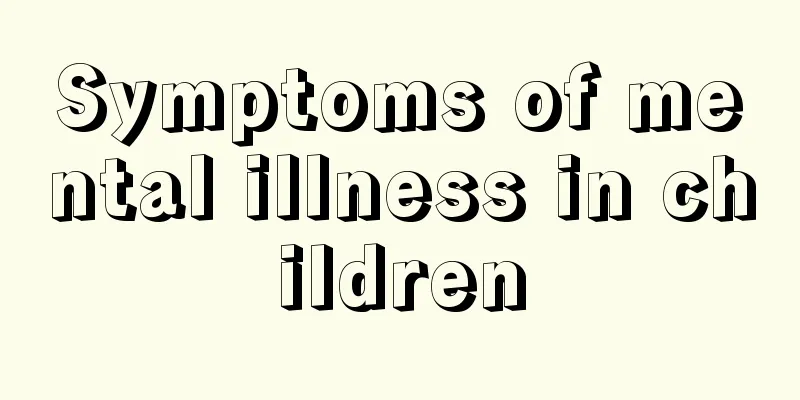
|
Nowadays, mental health issues are receiving more and more attention, and many incredible things happen due to mental problems. With the development of society, mental health problems appear at different age stages, and children are a group that is easily overlooked. Children's psychology is not yet mature, and it is easy for them to form shadows. When they are mentally unhealthy, it will always manifest itself in some small actions. Children's mental health can be seen from some behaviors. 1. Hyperactivity Children's psychological behavior can be reflected in their behavior, and some children show "attention deficit hyperactivity disorder". The main manifestations are hyperactivity, lack of concentration, mood swings, poor self-control, and serious impact on learning. Being active specifically means liking to run, climb up and down, rock in a chair and turn around, walk around, shout or talk, tease others, and make small movements such as biting pencils, nails, or clothes corners. Specifically speaking, in terms of inattention, students are unable to concentrate on listening in class, their attention is scattered, they are easily distracted by the environment, they look around in class, are absent-minded or dazed. Specifically, the poor ability to control emotions manifests itself in childishness, willfulness, poor self-control, irritability or impulsiveness. They are emotionally unstable, shouting or crying over trivial matters, have a bad temper, often act on impulse without considering the consequences, and may suddenly do some dangerous things. 2. Anxiety A sudden state of fear with no apparent physical cause. The specific manifestations are lack of self-confidence, excessive sensitivity, loss of appetite, and crying for no reason. This type of children react sensitively to unfamiliar environments, and become worried, fearful, even panic-stricken, and cry constantly. They often worry about being laughed at by others, and they pay excessive attention to situations that have not yet happened, accompanied by unfounded worries. They also seem to be overly anxious about some trivial daily things. 3. Terror and insomnia Terror is manifested in the fear and desire to escape from certain things or situations, such as fear of thunder and lightning, extreme nervousness, and running around with one's head in one's hands. Children are afraid of things that are not dangerous or basically not dangerous, and this fear is very prominent. Children will show avoidance and withdrawal behaviors due to terror. Children with insomnia have difficulty falling asleep, often wake up during sleep, cry loudly, and even sleepwalk. However, they cannot recall these events during the day and only feel lack of energy and emotionally unstable. 4. Attack these children who run around all day, often play pranks, and like to ridicule and mock others. He has no regard for beautiful things, and has a habit of smashing them, showing aggressive behavior. 5. Poor interpersonal relationships Children’s interpersonal relationships mainly refer to their relationships with their parents, teachers and peers. The children’s mental health status can be reflected from these interpersonal interactions. Mentally healthy children are willing to interact with others, are good at cooperating and sharing with their peers, understand and respect others, are generous and friendly to others, and are easily understood and accepted by others. Mentally unhealthy children generally do not have harmonious interpersonal relationships and often have communication barriers with others due to personal mental health and other reasons. He is unable to cooperate with others, is indifferent to others, lacks sympathy, is suspicious, jealous, and withdrawn, cannot place himself in a group, and is incompatible with others. The above introduces five manifestations of unhealthy mental health in children, which deserve our attention. Parents should pay more attention to their children, pay more attention to their every move, understand more about their inner world, reduce their unhealthy psychology, enhance their self-confidence, help them get rid of their inferiority complex, let them go outside and play with their peers more often, and read more normal books or TV dramas. |
<<: What are the treatments for cerebral hypoplasia?
>>: The reason why newborns have white spots on their noses
Recommend
What's wrong with the child's wet hands?
Children's wet hands are usually caused by sw...
What are the methods to remove baby's tongue coating?
Tongue coating is a white substance that exists o...
How to care for children with fever and cold hands and feet
Cold hands and feet are a common symptom in child...
How to treat rubella in babies
When a baby gets rubella, of course, we should pa...
Is it good for babies to take baths frequently?
For newborn babies, parents and family members al...
What is the reason for the baby's excessive sweating?
Many mothers may find that their babies sweat too...
Why does the baby hiccup?
Although hiccups are not a disease, it will be ve...
How to exchange blood for neonatal hemolysis
I believe many people have heard of neonatal hemo...
Symptoms and causes of indigestion in babies
Many babies suffer from indigestion, and such a d...
What causes high TSH in newborns?
Neonatal tsh refers to the thyroid function statu...
What to do if your three-year-old baby's teeth are black
Nowadays, many babies' teeth have turned yell...
What to do if your baby has high platelet count
As we all know, it is very common for infants to ...
What medicine should children take for itchy throat and cough
Throat itching and soreness is a disease in which...
Tips for babies with yellow snot
Don’t think that it’s less likely to catch a cold...
What Chinese medicine should babies take when they have internal heat?
The baby's immunity is relatively weak, espec...
